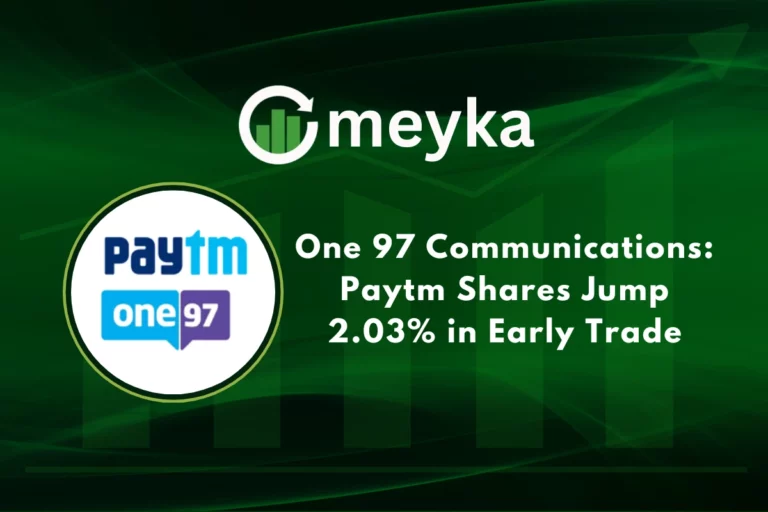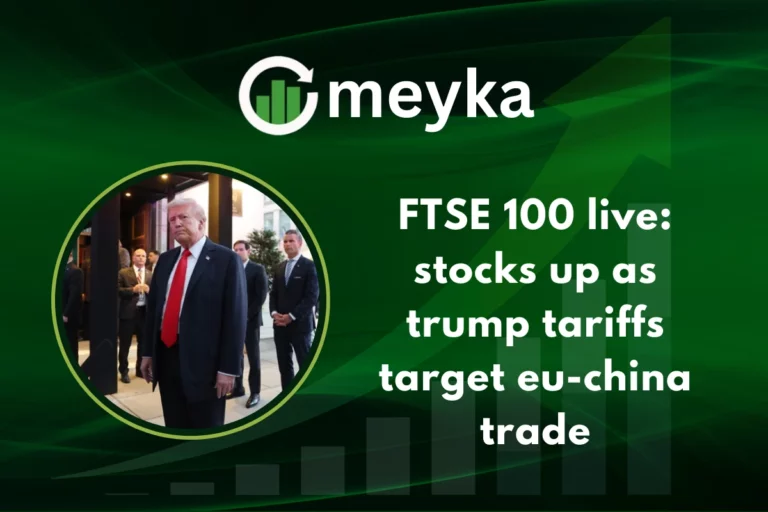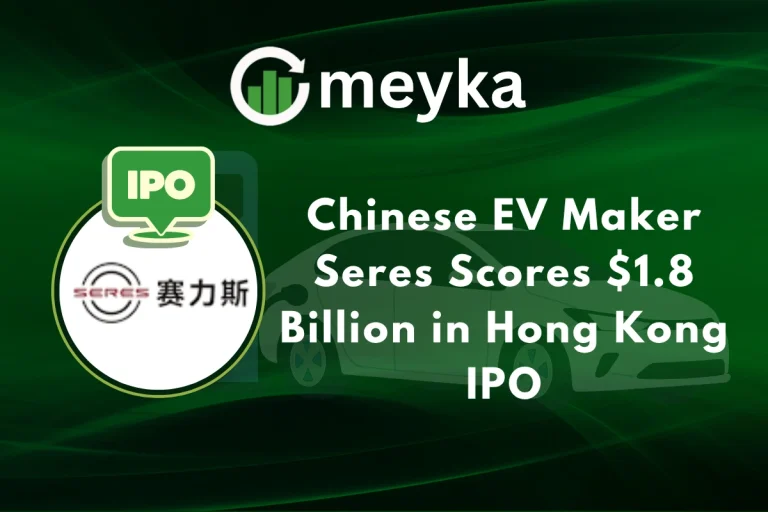Nestlé CEO Shake-Up Takes Spotlight Amid Wider Business Challenges
The global food and beverage giant Nestlé is once again in the spotlight as it goes through a CEO shake-up. This leadership change comes at a time when the company faces rising costs, shifting consumer habits, and increasing competition. Investors are watching closely to see how the new leadership will guide the company’s future.
Leadership Transition at Nestlé
Leadership changes at Nestlé often reflect deeper shifts in strategy. The outgoing CEO leaves behind a record of growth in health-focused brands and digital transformation. Yet, the company still faces pressing issues that require bold decisions.
The incoming leader is expected to focus on efficiency, a stronger presence in emerging markets, and further digital growth. For the stock market, such changes often bring both optimism and uncertainty. While investors hope for stronger performance, there are risks in how quickly new strategies can deliver results.
Business Challenges Facing Nestlé
Nestlé’s challenges go beyond leadership. Inflation has raised the cost of raw materials, energy, and packaging. Passing these costs on to consumers is difficult, especially in price-sensitive markets.
The company also faces intense competition. Smaller startups, supported by AI stocks and data-driven insights, are moving quickly to capture consumer interest. Nestlé, as a large corporation, has the scale but sometimes lacks the speed to adapt as quickly.
Environmental issues add to the pressure. From water usage to plastic waste, the company is under constant scrutiny. Regulators and consumers now demand sustainable practices, making it vital for Nestlé to align operations with global climate goals.
Growth Strategy for Nestlé
To tackle these challenges, Nestlé is pursuing a three-part strategy.
First, it is expanding into healthier and wellness-focused products. From plant-based food to functional drinks, the company wants to lead the market shift toward nutrition and health.
Second, digital tools are becoming central. With advanced stock research and consumer analytics, Nestlé is learning more about buyer habits. E-commerce, which grew during the pandemic, remains a critical channel for sales.
Third, sustainability is at the heart of its plans. Nestlé has committed to net-zero emissions by 2050 and is investing in renewable energy, recyclable packaging, and sustainable sourcing. This move also responds to investors who value ESG-focused companies in the stock market.
Investor Outlook and Market Reactions
The CEO shake-up has split opinions among investors. Some see the change as an opportunity for a fresh approach. Others worry about execution during uncertain times.
Nestlé’s stock performance will depend on how the new leader handles costs, competition, and regulation. Investors rely on detailed stock research to decide whether to hold, buy, or sell. The company’s long history, wide product base, and global reach remain strong advantages. Yet, execution over the next few years will determine long-term value.
Nestlé in the Global Food Industry
Nestlé’s transition comes at a time of fast change in the food industry. Younger consumers want healthier, more sustainable products and demand transparency from brands. Small companies are capitalizing on these trends and often connect better with customers online.
Technology is also transforming the sector. AI-driven analytics and automation are helping businesses adapt quickly. While Nestlé has the resources to scale these tools, its large size may slow decision-making compared to startups.
Geopolitical tensions and supply chain issues add another layer of challenge. To remain resilient, Nestlé needs strategies that balance global efficiency with local flexibility. This includes diversifying suppliers and reducing reliance on vulnerable trade routes.
Future Prospects for Nestlé
The future of Nestlé depends on its ability to balance its legacy with modern expectations. Innovation in product lines, sharper digital integration, and stronger sustainability commitments are vital.
For investors, the company still holds long-term appeal. Nestlé has one of the world’s most powerful brand portfolios and a solid global network. However, short-term volatility in the stock market is likely as new strategies take time to show results.
The leadership change is more than just a shift in management. It represents a turning point for Nestlé as it adapts to the demands of a fast-changing world. The decisions made now will shape whether it continues as a global leader or struggles with ongoing challenges.
FAQs
The change is aimed at bringing new leadership to address rising costs, competition, and evolving consumer demands for healthier and more sustainable products.
It could bring both opportunities and risks. The stock may face short-term volatility, but long-term performance depends on how well new strategies are executed.
The company faces inflation, sustainability concerns, competition from startups, and the need to keep up with fast-changing consumer trends.
Disclaimer:
This content is made for learning only. It is not meant to give financial advice. Always check the facts yourself. Financial decisions need detailed research.






